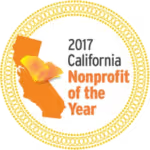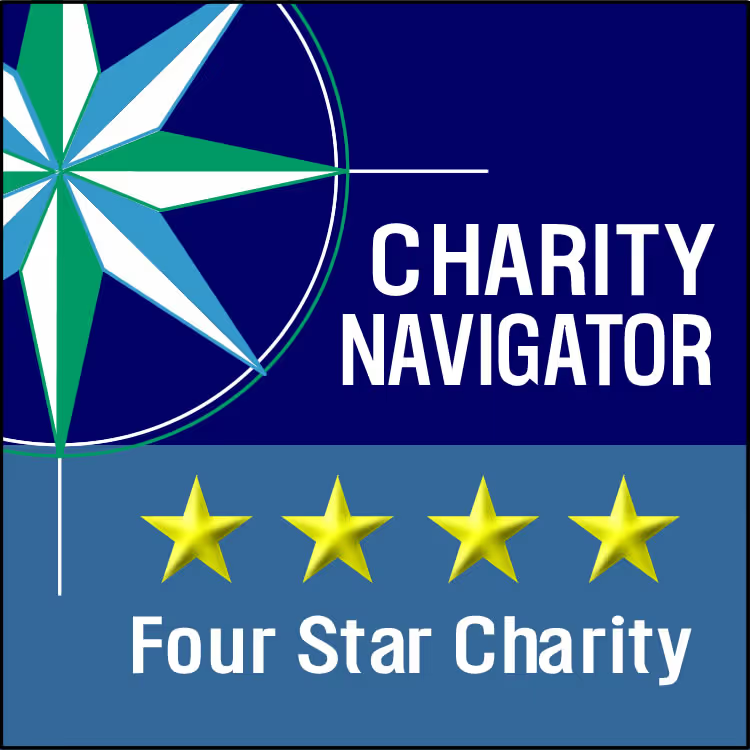NATIVE AMERICAN DIABETES PROJECT
NATIVE AMERICAN DIABETES PROJECT

Overview: On October 11, 2020, in honor of Indigenous Peoples Day, Project Angel Food announced the Native American Diabetes Project in conjunction with the USC Keck School of Medicine. The two-year study integrates nutrition, social needs, and tradition and measures how Project Angel Food’s Medically Tailored Meals, combined with counseling, and community can improve health outcomes and mental wellbeing of Indigenous People with Diabetes. This research is made possible with underwriting from Project Angel Food board member Runningbear Ramirez.
After a couple years of research, challenges in enrollment have led researchers to look at why participation in the program has been limited.
Goal: With Project Angel Food’s Medically Tailored Meals as a cornerstone, 312 Native Americans with diabetes participate in a multi-dimensional intervention to lower blood sugar and feelings of social isolation. This project is a unique collaboration between Project Angel Food, United American Indian Involvement, Inc. (UAII), American Indian Counseling Center (AICC), and Tribal Temporary Assistance for Needy Families (TANF), who are trusted community-based organizations that serve American Indian and Alaska Native patients. The research is conducted by two renowned American Indian research investigators from USC and UCLA, who each have longstanding track records of respectfully conducting research with AIAN communities.
Outcome measures: Include A1c levels, blood pressure, weight, height, social isolation, ethnic identity, and diabetes distress at baseline, 3-mo, and 6-mo follow-ups.
The research team: Dr. Claradina Soto (Navajo/Jemez Pueblo), PhD, MPH, Assistant Professor, University of Southern California, Keck School of Medicine, Department of Preventative Medicine heads the project. She is being assisted by Dr. Andrea Garcia (Mandan, Hidatsa, Arikara) M.D., MS. Director of Community-Centered Initiatives, Los Angeles County Department of Mental Health.
Intervention: The intervention includes 12 weeks of Project Angel Food’s diabetes-friendly, Medically Tailored Meals, pairing participants with “buddies” also on the program, and a 4-week diabetic instructional curriculum called the Diabetes Wellness Program. Each participant receives a weekly delivery of fourteen frozen meals for 12 weeks, thus providing two meals per day, seven days a week.
The Diabetes Wellness Program is a culturally tailored 4-week curriculum. The program is adapted from the DEEP Curriculum and will be implemented by United American Indian Involvement (UAII) staff. Virtual weekly sessions are held for one hour through the Zoom platform. Participants begin the 4-week curriculum the same week they start receiving the medically tailored meals. The curriculum covers diet, exercise, diabetes management and treatments, in addition to the emotional wellness component of living with diabetes. After the 4-week curriculum is completed, participants continue to eat the meals for the remaining eight weeks.
Each participant receives a weekly check-in email from USC study staff with a short electronic survey asking about the prior week’s food intake, contact with their “buddy,” and physical activity.
In year one, there will be six Diabetes Wellness Program implementation cohorts (6 cohorts x up to 24 participants = approximately 144 participants). In year two, there will be Diabetes Wellness Program implementation cohorts (7 cohorts x up to 24 participants = approximately 168 participants). Overall, the goal is to reach up to 312 participants in two years.
Participants: Participants must live in Los Angeles County, be 18 years and older, have Diabetic, Type I or Type II, and identify as American Indian or Alaska Native. Participants are recruited from UAII, AICC, and the Tribal TANF programs. Participants must also have internet access (computer or cell phone) and have freezer space available for meals (total space is about the size of two shoe boxes). Board Partners and CAB members support the recruitment of participants with flyers and announcements via social media outlets (e.g., Facebook, Instagram). If you qualify, email nativedm@usc.edu, call (213) 764-4550, or contact Project Angel Food Client Services Department at (323) 845-1800.
Background: Diabetes is one of the costliest diseases in the United States. Among Native Americans, diabetes is one of the top two chronic conditions affecting the population in California. Project Angel Food began accepting participants in the study from the LA county area in January of 2021. The published study is expected to be released in December 2023.
Diabetes in the American Indian and Alaska Native (AIAN) population is a public health crisis. AIAN has the highest diabetes prevalence rates when compared to other racial and ethnic populations in the United States. According to the Centers for Disease Control and Prevention (CDC, 2015), more than 16% of AIAN adults compared to 8.7% among non-Hispanic Whites have been diagnosed with diabetes. In California (CA), those who self-identify as having CA Tribal heritage are twice as likely as individuals from tribes outside of CA to be diagnosed with diabetes (31% versus 16%) (UCLA Center of Health Policy Research, 2012). Significant disparities also exist in diabetes-related outcomes. Compared to the general population, diabetes mortality for AIANs is 1.6 times higher, and the incidence of diabetes-related kidney failure among AIANs is 1.9 times higher (DHHS IHS Division of Diabetes Treatment and Prevention, 2012). Cardiovascular disease among AIANs with diabetes maybe 3-8 times higher than those AIAN without diabetes.
The diabetes crisis among AIAN is best addressed using a holistic approach. Aside from its impact on several physical health outcomes, best practices also include addressing the impact of trauma, mental and emotional health, providing robust patient education, and addressing structural barriers such as food insecurity, lack of access to healthy food, living in poverty, limited social support, and lack of access to health care, especially that which is culturally responsive.
Board Partners include Joseph Mirelez (Torres Martinez Tribal TANF), Amanda Simon (UAII), Jonelle McGee (UAII), Dr. Dan Dickerson (AICC), Dr. Melanie Cain (AICC), Richard Ayoub (Project Food Angel), and Mindy Glazer (Project Food Angel). Board partners participate in monthly/bi-monthly meetings with research investigators (Drs. Soto and Garcia) to develop the structure of research activities, review questionnaire tools, assist with research study methods, discuss findings, review report development, and assist with dissemination activities.
Community Advisory Board (CAB) members are representatives (i.e., diabetic counselors, diabetic patients, and tribal community members) from UAII, AICC, Torres Martinez Tribal TANF, and the AIAN community. Six representatives meet with the Board Partners and research investigators monthly or bi-monthly to provide cultural guidance to the intervention methods, recruitment, and dissemination of findings.




